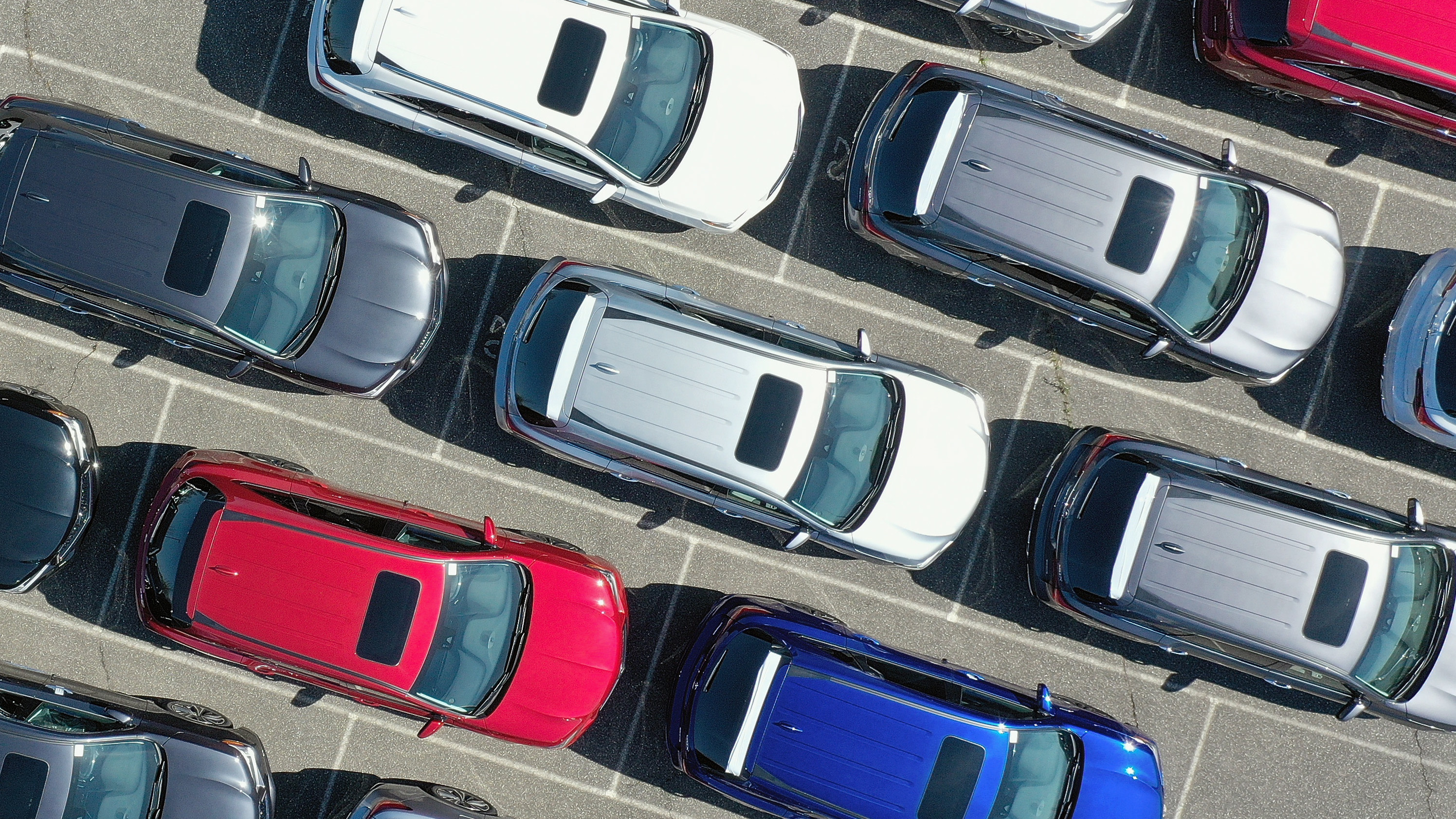Americans Set Record High For Car Payments Right Before Coronavirus Lockdowns Began
No one factors in a global pandemic when looking to buy a car. Why would you? That would be like worrying if your new Subaru could make it to high ground when the supervolcano under Yosemite blows. But it happened, and record high monthly payments meeting an ensuing economic collapse could have harsh repercussions throughout the auto industry.
From CNBC:
Before the coronavirus pandemic slammed the brakes on the economy, those buying new vehicles in the first quarter agreed to an average monthly loan payment of $569 — an all-time high — with the average amount borrowed hitting a record high of $33,739. The numbers for used vehicle prices also climbed to all-time highs, with the average monthly payment hitting $397, and the average amount for an auto loan rising to $20,723.
That's a whole lot! This info comes from the credit tracking company Experian. An expert with Experian told CNBC that the rise in payments is due in part to more people buying and less leasing. The rise is also due to cars just generally becoming more expensive over the last decade. Indeed, those innocent souls in 2019 and the beginning of 2020 were more comfortable with insanely long loan terms as well as skyrocketing monthly payments.
But now with unemployment at 13.3 percent and a plague-induced recession settling in, that pricy car payment might not look so comfortable now. Banks feel the same, with Wells Fargo putting a halt to auto loans to independent dealerships because of worries over default. In the last bad recession car loan defaults soared, and that was before loan terms got completely out of hand.
There's room for some hope however, at least for the auto industry. Car sales hit an annualized 12.2 million in May, according to Bloomberg. While still a drop of 30 percent over May 2019, it is quite the step up from the annualized rate of 8.6 million sold in April. Used cars are rebounding quicker than new car sales with prices rising 20 percent since mid-April, according to Reuters:
According to Cox Automotive, new-vehicle sales for the week ending May 28 were down 28%, but sales of used vehicles were up 6%.
According to Cox unit Manheim, wholesale used-vehicle prices rose 5.74% in the first half of May from the previous month.
Shoppers for new cars are also finding a lack of product as demand grows while factories and suppliers around the globe restart at different times and in different ways. The entire supply chain is still spasming from being shut down for two months, driving consumers who need a car into the used market. Car sales could actually see a bump because of Covid-19, as people more wary of ride shares and public transit. From the Detroit Free Press:
The survey quizzed more than 11,000 potential buyers in 11 countries that account for 62% of global vehicle sales.
"We're going to see individual vehicle usage rise as people more concerned with hygiene choose personal transportation," said Daniel Davenport of Capgemini's North America auto sector. "There's also more interest in car ownership from customers under 35 years old," a sentiment contrary to recent indications younger consumers put a low value on owning a vehicle.
While 35% of all people surveyed globally were considering getting a car this year, 45% of those under 35 were considering doing so and a majority of the latter group have never owned a car.
"It's potentially a seismic shift," Davenport said.
Will the bubble burst or will sale come roaring back stronger than ever. I'm not sure, but it will be morbidly fascinating to see what happens in the coming months.
